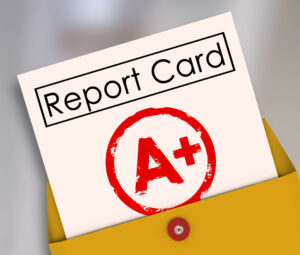
Warning Signs: How to Spot Lies or Exaggerations on Resumes
Resumes are one of the most important tools for evaluating the experience and skills of job candidates — but unfortunately, they aren’t always what they

Resumes are one of the most important tools for evaluating the experience and skills of job candidates — but unfortunately, they aren’t always what they

For those of us in HR, the process of checking references on candidates is ingrained. We call, ask a few questions to verify dates and

What methods make sense in evaluating potential hires? The #TChat crowd shares wisdom from experience
What’s the real value of a professional endorsement – for individuals and prospective employers? As career networking sites like LinkedIn make it easier to “endorse” others, are commendations losing their meaning? The TalentCulture community speaks up…
Be true to your brand – it’s as important for employers as it is for job candidates. Know your strengths – and know how to present them in the best light…